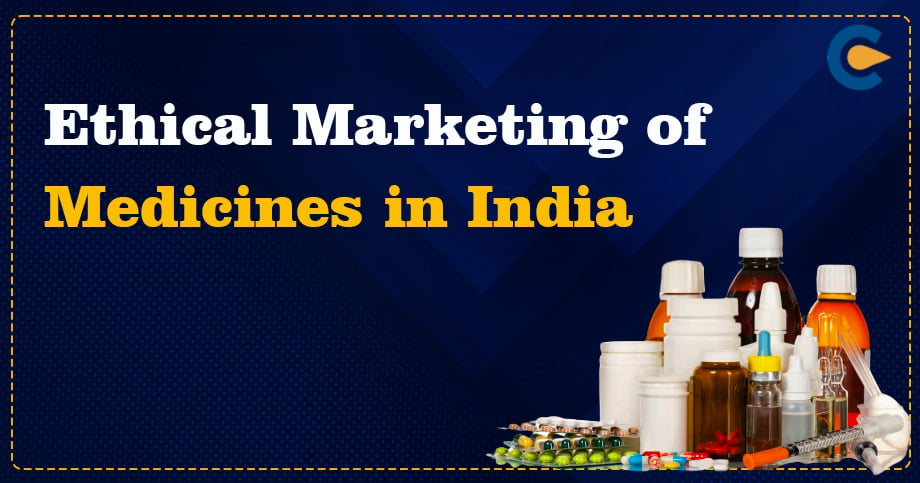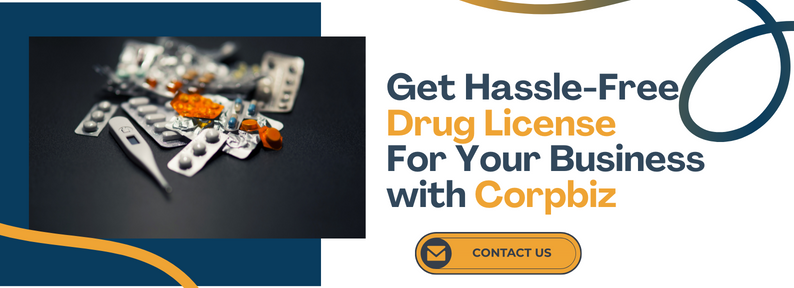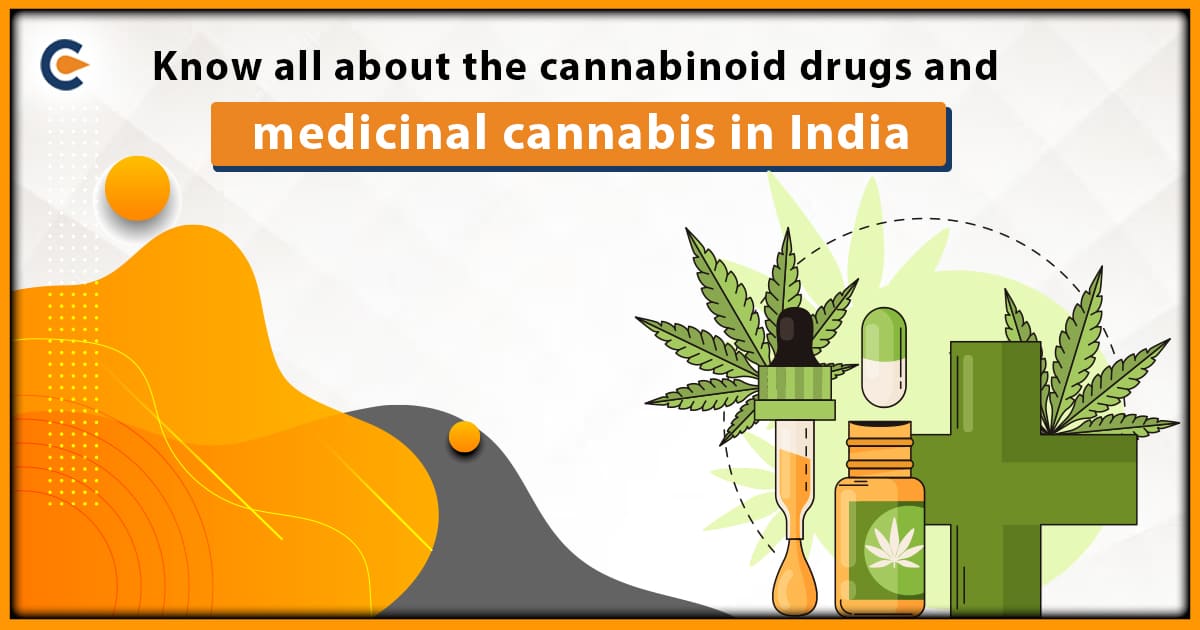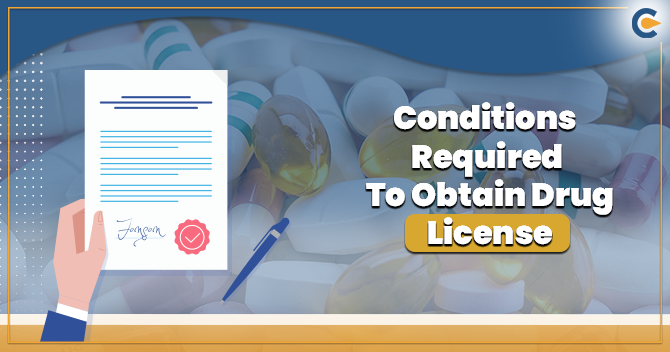Since ages, or since the time the Pharmaceutical Industry exists, it is unable to avoid the allegations of being indulged in unethical practices concerning the marketing of medicines around the world. The unethical marketing practices of medicines not only affect the general public but also the regulatory authorities face tough times in controlling such activities. One of the highlighted areas of unethical practices in the field on medicines is the questionable communication channel between pharmaceutical companies as well as medical practitioners. In this blog, we are going to discuss about the ethical marketing of medicines in India.
India also is not devoid of such practices. The draft pharmaceutical policy of 2017 published by the Government of India itself stated that the pharma companies indulge in unethical practices in the manner that they lure the medical practitioners to recommend their brands in lieu of expensive trips and other gift hampers. The cost of these perquisites enjoyed by the practitioners is finally borne by the ultimate user of these medicines, i.e., Patients.
Currently, there is absence of any laws that regulate the process of branding and marketing medicines by pharma companies in front of medical practitioners. Only the ethical guidelines issued by the Indian Medical Council (Professional Conduct, Etiquette and Ethics) Regulations, 2002 play some role in the regulation of such unethical practices. The aforesaid regulations also restrict doctors from accepting any kind of perquisites such as travel or gifts from the pharma companies.
However, the primary legislation which regulates the medical industry, i.e., The Drugs and Cosmetics Act, 1940, does not lay down any regulations on the conduct of the pharma companies.
Some of the Consumer Protection Legislation in the country, such as the Consumer Protection Act, 1986[1] (Now Consumer Protection Act 2019) and the Drugs and Magic Remedies (Objectionable Advertisement) Act, 1954 and Rules, 1955, also deal with misleading advertisement of the medicines but do not pay any attention towards the pharma company-medical practitioner relationship.
It is pertinent to notice that the government has turned a blind eye to this problem. In lieu of the increasing complaints of unethical marketing practices followed by pharma companies, the Department of Pharmaceuticals launched the Uniform Code of Pharmaceutical Marketing Practices (UCPMP) in the year 2011 (Modified in 2014). The basic intent behind the UCPMP code was to control the pharma industry in its interaction with HCPs. Since UCPNP was voluntary in nature, hence it led to its non-binding.
On the positive side, there are a number of pharma companies that are proudly ethical in their communications with medical practitioners. Many pharma companies have also put in place exhaustive internal guidelines and robust internal mechanisms guiding the interactions of their medical representatives/marketing personnel with medical practitioners. Further, a good number of medical practitioners also value such ethical practices. In those cases, the medical practitioner prescribes medicines from only those pharma companies whose quality is dependable.
The Indian government is also taking such malpractices in the medical field very seriously and is thinking of giving legal status to UCPMP, thereby make it binding. The guidelines illustrated in UCPMP are the most similar to the US Physicians Payment Sunshine Act, which is active in letter as well as spirit. It is interesting to notice that the enforcement of the Sunshine Act by US Authorities has resulted in the collection of fines of hundreds of millions of dollars from some pharma companies.
Conversion of UCPMP into an abiding law would certainly help to control the rampant quid-pro-quo arrangements that are very much prominent today between pharma companies and medical practitioners. Moreover, the pharma companies which are currently engaged in unethical practices will be bound to re-evaluate their sales and marketing strategies and comply with the aforesaid regulations, or they will have to face legal consequences, thereby hampering their brand and business.
In the meanwhile, the pharma companies leading the Indian market shall lead by their example for all other companies and must take voluntary responsibility to follow the guidelines of UCPMP in letter as well as spirit. All pharma industry associations shall also adopt the UCPMP and direct their members to do so, as well as comply with the provisions of UCPMP at all costs. Such initiatives will go a long way in developing a sense of confidence amongst the Government and patient groups.
Within the medical industry, consumer-facing and drug manufacturing organizations play a prominent role, the ignorance or exploitation of which can put customers and patients at risk in the process.
Traditional Approach – Ethical Marketing of Medicines
It is the role of the sales representatives to lead the promotions and marketing of new pharmaceutical products. This ensures that the healthcare community is well informed about the benefits of the medical products in concern. However, it is the market trend that the sales executives only elaborate on the positive features while ignoring the negative ones.
Governments all across the world have introduced many such regulations in the past few years, thereby putting pharmaceutical organizations under the obligation of choosing patients over profits. The marketing teams of the pharma companies shall be traditional in their approach and should be mindful of ethical behaviour when it comes to the ethical marketing of medical products and services.
Achieving Ethical Marketing in Pharmaceutical
The pharma companies which adhere to regulations may also face certain risks. Therefore, it is recommended to follow a set of general principles ensuring that the marketing in pharmaceutical industries is always ethical marketing, thereby not losing any trust among the patients.
Following are some of such ethics, ethical considerations or ideas which may prove beneficial for promoting and marketing pharmaceutical products:
1. Employees Training On Laws And Regulations
The pharma companies shall be well aware of the laws present within the pharmaceutical industries, and therefore, the employees will also need to know them inside out. The stated Regulations and guidelines will ensure that the company’s key personnel are already trained on the appropriate laws, regulations and codes of conduct. It should be the standard practice to educate all marketing employees on these regulations and have regular training and refresher sessions.
2. Taking Consent before Conducting Direct Marketing
It is general practice that organizations need consent before directly marketing to individuals. It is prominent to ensure that the organization respects the privacy and preferences of the recipient of such marketing communications and shall operate in an ethical and culturally sensitive manner. The audience must always be approached in a non-intrusive manner.
3. Fair And True Disclosure
In the pharmaceutical industry, the disclosure of key information should be fair as well as complete in all manner. Organizations must ensure full transparency with their products and services, such as disclosing the complete range of potential side effects and the results of the clinical trials or the actual receipts through various sign-ups on their websites, etc. Also, marketing messages shall not be disguised as something else – this would be unethical in any way.
4. Partnership Rather Than Selling
Driving sales of products or services through the traditional field sales representatives armed with freebies, free travel, or other perquisites will not work now. The entire pharmaceutical industry needs to revive its dishonest image and do more things efficiently and effectively. Pharma companies must adopt a more partner-centric approach with physicians, manufacturers and service providers rather than a mere sales model. There should be emphasized that a more natural communication and relationship is built between two individuals who are seemingly on the same wavelength.
5. Adopt An Inbound Marketing Approach
The concept of Inbound marketing is the complete opposite of having salespeople visit prospects to make sales. It consists of creating informational content to educate and inform audiences with the view of adding certain value. In this manner, the medical or pharma community can find key product and service information on their own. On the other hand, the pharma company achieves brand awareness and an opportunity to develop sales leads at a future date.
6. Keeping Up-To-Date Data
Large pharmaceutical companies possess large marketing and sales databases. However, many times these databases are out of date and in need of updating. The role of the data manager is timely compile, organize and present data. Poor data will produce poor marketing results. Ensuring that the CRM – the lifeline of all ethical marketing and its related activities – is also kept up to date.
7. Engagement Within Digital Communities
Online communities and networks provide the perfect setting for building communications and brand awareness among prospects, peers and patients. Social media platforms, forums and other online communities which provide the opportunity for companies to communicate their ethical practices and relevant content shall not be neglected.
8. Creating a People Brand
Customer loyalty is earned through an organization positioning itself alongside those customers. Developing a set of brand values as well as brand guidelines is important for every pharma company.
9. Restraint From Illegal Activities
Laws and regulations existing within the pharma industries shall always be obeyed. Ethical marketing in Pharmaceutical shouldn’t only become part of legal obligations, but the organizations should go beyond to fully understand their audiences, forming relevant marketing messages.
10. Acting Responsibly
Pharmaceutical marketing ethics are best comprehended through acts of fairness, integrity, and responsibility. When an organization acts responsibly towards the markets, societies and communities it markets itself within; it will always highlight itself in a positive light. A pharmaceutical company acting responsibly through its marketing activities will build trust and reliance with those who reach it for its products and services.
Many pharmaceutical companies have been conducting the same ethical marketing campaigns for the last decade or so. Now there is a need for change. They should rethink culture, tactics, and ethics, which it can benefit the whole industry.
Read our Article:Application process for Ayurveda drug license goes online by the Ministry of Ayush













